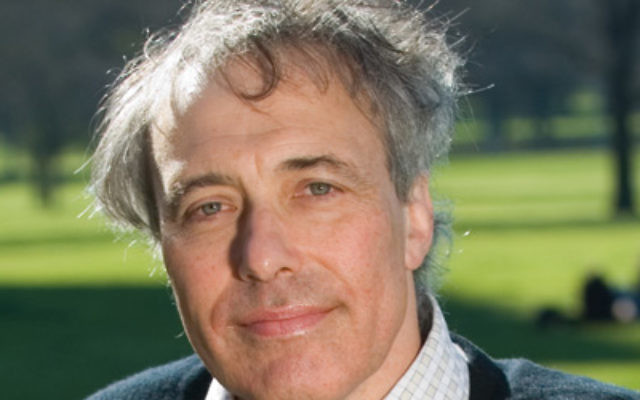An Aussie challenge with Mid East answers
THEY may come from opposite sides of the political divide, but a group of Israeli and Palestinian researchers and health workers are coming together in Australia for a common cause – to improve healthcare for indigenous Australians.
THEY may come from opposite sides of the political divide, but a group of Israeli and Palestinian researchers and health workers are coming together in Australia for a common cause – to improve healthcare for indigenous Australians.
This week, a delegation comprising three Palestinians and three Israelis will visit western Victoria, Alice Springs and remote communities in Central Australia. The group will meet indigenous healthcare workers and discuss how to develop health-care services.
Their efforts, in part, come in response to the 2007 Little Children are Sacred report, which examined the underlying health issues confronting Aboriginal people and high rates of sexual abuse in communities.
Professor Paul Komesaroff, director of the Monash Centre for the Study of Ethics in Medicine and Society, will be among those leading the group. He said he hoped the researchers would share their experiences in the delivery of health-care services and address some of the common concerns.
“Poverty, poor nutrition, unemployment, diabetes, cardiovascular disease and other conditions remain major health issues in remote areas of Australia and in regions elsewhere beset with conflict,” Prof Komesaroff said. “Both Australia and the Middle East have been sites of innovative responses to health-care needs and approaches to health care development.Accordingly, there is much to share and learn. In all these places, the initiatives are fragile and need supporting.”
Professor Paul James, director of the Global Cities Research Institute at RMIT, added that the project aimed to facilitate cross-cultural dialogue and health care. “The Middle East has been characterised by gut-wrenching conflict and division, which has greatly affected the long-term health of the communities that live there,” he said.
“While there are clear differences between the health conditions of people in the Middle East and Aboriginal people, there are also some striking parallels.
“In both, health issues are tightly bound up with culture and ethnicity, and affected by social dislocation, internal stress and a hostile external political environment.”
The visiting health professionals include Dr Yasser Abujamei from the Gaza Community Mental Health Program, Hebrew University of Jerusalem’s Professor Ada Ben Sasson and Professor Zvi Beckerman, Dr Rand Salman and Professor Mohammad Shaheen from Al-Quds University and Dr Avi Yitzhak from Ben Gurion University.
The project is being carried out in partnership with the Central Australian Aboriginal Congress, the Lowitja Institute, the Victorian Aboriginal Health Service, National Australia Bank, the Australian Friends of the Hebrew University in Jerusalem, Australian-Palestinian Partner-ships for Education and Health, Monash University and RMIT University.
CHANTAL ABITBOL


comments